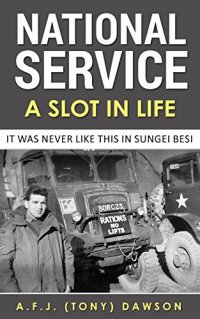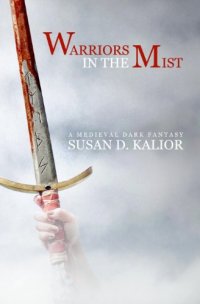I don’t intend this to be an autobiography but the story of one British National Serviceman who served in Korea, Japan and Malaya during the mid-fifties.
I recall the initial intake and training period in the UK, transportation by troopships, trains, trucks, boats and planes; transit camps and permanent camps while I was attached to many companies and regiments.
At the time of my Call-Up it seemed like a period to be avoided but after the first few months I began to realise that this experience would never be repeated. I started to appreciate the situation I found myself in and more importantly began to value the people around me and the trust we developed.
I valued the knowledge I was gaining and learned to judge character by their deeds and helpfulness. Of course I also learnt quickly who and what to avoid and grasped the full meaning of the law ‘Beg, steal or borrow!’ Early on in service life you take the necessary steps to safeguard your kit!
There were of course many dull and sad times but I hope I’ve also been able to inject a sense of some of the brighter times too for which I was grateful.
I certainly don’t feel the need to dwell on the shootings and deaths that occurred from time to time, accidental or otherwise, to both military and civilian personnel. There were many scary incidents but I was proud to be with comrades and serve with fine young men from all walks of life.
____
BRITISH NATIONAL SERVICE was declared absolutely necessary and implemented by the current British government following the end of World War II. Depleted numbers of servicemen from Army, Navy and Air Force found the Government compelled to swell the ‘Ranks’. Not only for the Home Front but to maintain a shared commitment in Europe and the Commonwealth countries.
Males over the age of 18 received the ‘Call’ to serve their country in the Armed Services for 2 years full time with small incentives to sign up for longer. Exemptions were made for specialist occupations only.
The National Serviceman as he became known, was vital to the Regular Army’s strength. He served and fought with distinction on many battle-fronts around the world alongside comrades from many other countries such as Canada, Australia, New Zealand, South Africa and the Ghurkhas from Nepal.
____
IT’S ALMOST IMPOSSIBLE today for people under the age of 50 to imagine what life was like in Great Britain some 50 years ago. World War II had only ended in 1946 and rebuilding and redevelopment was still badly needed in many towns and cities. Many office and work places were so ancient or outdated that today’s factory and health inspectors would be aghast!
At the time men were in occupations such as coal mining, fishing, potteries, weaving and shoemaking, all of which have now partially or sometimes totally disappeared. These industries kept the country busy and, more importantly, provided materials and products for export.
Young men who came from these areas of production and normally followed their fathers into the same occupations suddenly found that jobs were fast disappearing and they might have to go farther afield to find employment. This began the break-up of many close family units and travelling distances to offices or factories became commonplace.
National Service may have been a saviour to some men but it was a total intrusion to many others because “Most had to go”! Once a man was called up for National Service the majority had no idea what risks or actions he might encounter ahead during his service life.
Great Britain owes much to the services of these men simply called NATIONAL SERVICEMEN – many of whom were decorated for Valor and Bravery.
Moreover, we owe the greatest debt to many men and their families when the ULTIMATE SACRIFICE was made.












